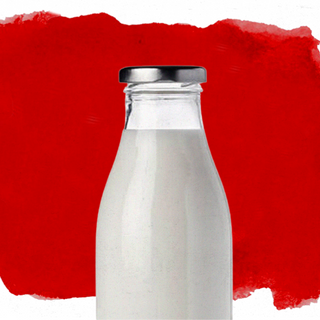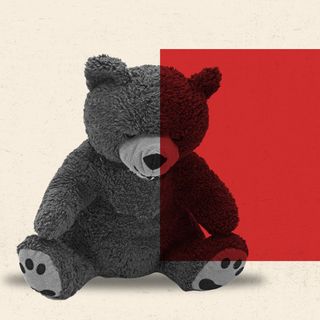A new study has found an alarming amount of plastics in the poop of human babies — raising troubling questions about their impact on the infants’ health.
Researchers collected soiled infant diapers, and samples from the first feces of different newborn babies, to arrive at their findings. To ensure the microplastics they measured came from the infants’ guts and not from their diapers, they didn’t factor in the presence of polypropylene, the plastic present in diapers, in their calculations.
Published yesterday in Environmental Science and Technology Letters, the study found that the feces of infants contained ten times more polyester than an adult’s — yes, the human excreta of adults contains microplastics, too. But until now, scientists didn’t know it was present in the poop of babies as well, especially in the very first feces of newborns.
“Unfortunately, with the modern lifestyle, babies are exposed to so many different things for which we don’t know what kind of effect they can have later in their life,” Kurunthachalam Kannan, an environmental health scientist at New York University School of Medicine, who co-authored the study, said in a statement.
How exactly they’re ingesting such large amounts of plastic, is anyone’s guess, but there are several plausible sources. Last October, scientists found that bottle-fed babies swallow millions of microplastic particles a day. Plastic toys and utensils could be to blame as well, Kannan believes.
Moreover, “[infants] have a habit of putting everything in their mouths — plastic toys of all kinds, but they’ll also chew on fabrics… They often crawl on polyester carpets. Even hardwood floors are coated in polymers that shed microplastics. Any of this could generate tiny particles that children breathe or swallow,” Wired reported.
Related on The Swaddle:
Scientists Discover How to Convert Plastic Waste Into Vanilla Flavoring
But can we truly say the finding of the new study is surprising? Perhaps, not, given the sheer amount of microplastics we are surrounded by. We already know they’re present in the oceans, the soil, sea breeze, in rain and snow, and also, in our food — so much so that we could be eating one credit card worth of plastic each week.
In 2018, a team from the Medical University of Vienna found microplastics in every stool sample they collected from participants worldwide. “I was astonished that we found microplastic particles in all samples. But what surprised me was the fact that we found up to nine different plastic types — indicating that several sources might be involved,” Philipp Schwabl, a physician-scientist, who led the 2018 study, had said.
This ubiquity of plastics has large-scale ramifications on our ecosystem. It threatens our future by contributing to climate change and threatening food safety and quality, besides directly harming our health alongside marine animals.
Worse still, last December, researchers also found plastic waste in the placenta of live pregnancies. “It is like having a cyborg baby: no longer composed only of human cells, but a mixture of biological and inorganic entities… The mothers were shocked,” Antonio Ragusa, director of obstetrics and gynecology at the San Giovanni Calibita Fatebenefratelli hospital in Rome, the lead author of that study, had said.
Unfortunately, the sheer amount of microplastics in baby poop could be a warning sign for severe health consequences in their future — and scientists aren’t sure they can even grasp the range or the extent of these consequences yet. According to Kannan, even their “early life stages” can be affected.
“Human exposure to microplastics is a health concern… We need to make efforts to reduce exposure in children. Children’s products should be made free of plastics,” Kannan noted.




